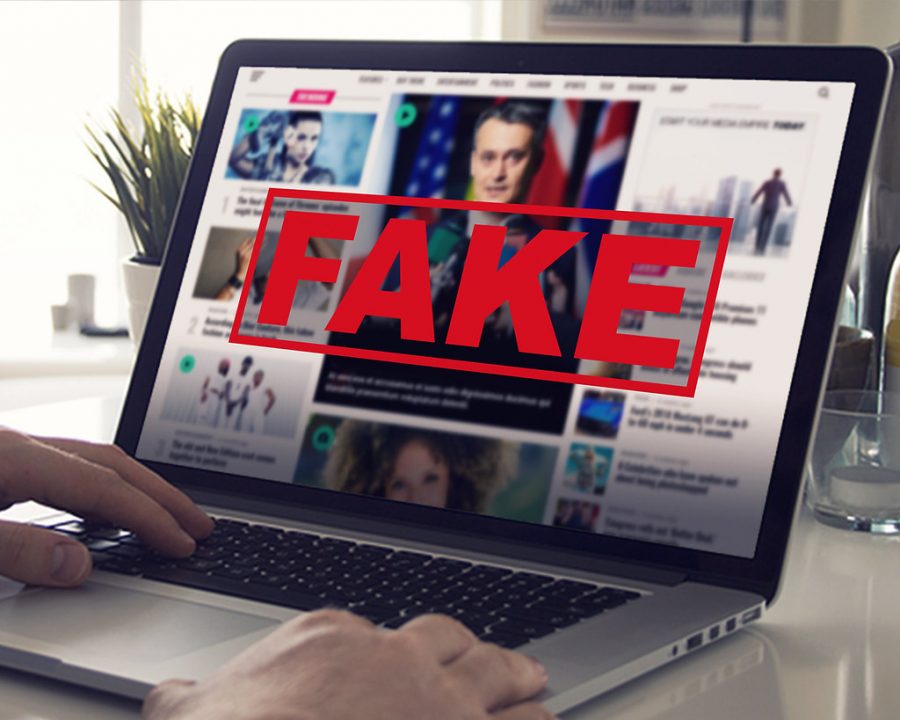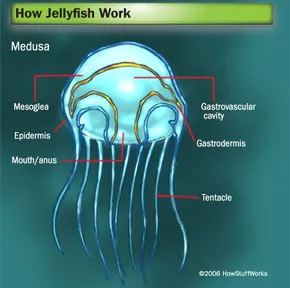What Are False News Articles Trying To Do?
How Can You Avoid Falling For Fake News?
If you’ve ever looked at news online, chances are that you’ve come across a fake news article. There are different types, and not all of them are bad.
The Onion, for example, is a satire news site. This means that they are so absurd that it has to be fake. They say that their articles are fake. Instead of sharing information, they entertain. Sometimes, people think that the articles are real, so remember to check the source.
Then there are fake news articles. They aim to spread disinformation and fear. Sometimes politicians spread fake news about their opponent in hopes of seeming more popular and better. This is why you always check the facts before believing an article.
You may be wondering “Why should I fact check articles? It’s not like it’s dangerous.”. Imagine this: your friend tells you that the school building burned down and you don’t have to go to school. You decide to believe it, and when you come in the next day, you discover that you failed a test because you were absent. If instead you asked where they heard that, you’ll most likely be able to know if that’s true or not.
Sometimes people make stuff up for fun, not knowing the dangers of false news. Usually you’ll be able to find out they’re lying, but sometimes the stories seem believable. These can make a big impact and get out of control before it can be stopped. Don’t worry though, because with the help of technology, these stories are quickly debunked.
RELATED STORIES:
https://guides.lib.umich.edu/fakenews
https://en.wikipedia.org/wiki/Fake_news
https://www.npr.org/tags/502124007/fake-news
https://guides.library.cornell.edu/evaluate_news















